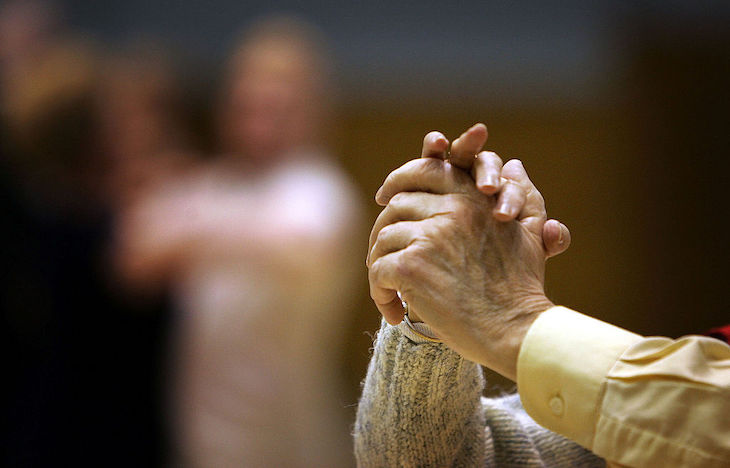A remarkable transformation is underway across the world. Falling fertility rates and rising life expectancy mean there are fewer young people and more older ones. The result is an ageing society, characterised by a rising average age and a growing proportion of older people. This is often seen as a bad thing: most old people don’t work, they need a pension, and their health care is costly.
Already a subscriber? Log in
Subscribe for just $2 a week
Try a month of The Spectator Australia absolutely free and without commitment. Not only that but – if you choose to continue – you’ll pay just $2 a week for your first year.
- Unlimited access to spectator.com.au and app
- The weekly edition on the Spectator Australia app
- Spectator podcasts and newsletters
- Full access to spectator.co.uk
Or




















Comments
Don't miss out
Join the conversation with other Spectator Australia readers. Subscribe to leave a comment.
SUBSCRIBEAlready a subscriber? Log in